On the weekend I was invited by Phil Muscatello, a good friends of ours, to the Shares for Beginners podcast to have a chat about Breville (ASX:BRG).
During the podcast, we also spoke about the methods that we use to find and pick stocks such as this.
The full research piece of Breville (ASX:BRG) can be found here.
If you want high quality, regular content that can help you get into investing in shares, make sure to subscribe to Shares for Beginners.
You can listen to the podcast here and the transcript is below if you prefer to read along.
Phil Muscatello (0s):
G’day and welcome back to Shares for Beginners Weekend Watch list where we’ll be taking a close look at an individual company, sector or ETF that you may wish to consider for your watch list. It’s not a recommendation to buy, but a way for you to learn how experts screen for value. Joining me today is Henry Fung from MF & Co. Asset Management. G’day Henry. Today, we’re talking about Breville and the ASX code is BRG a very well known Aussie company, making small electrical kitchen appliances. Tell us a little bit about the company.
Henry Fung (29s):
So Breville is basically a, we view as more of a premium brand. They’ve got two arms where, one arm they’re actually creating, producing their own products and another arm where they’re rebranding products, the main focus right now for me is the high quality brand. So obviously they’re an Australian manufacturer and they’ve actually grown quite strong in the past year because of the COVID thing. It’s actually quite interesting because as people started working from home and in the way we work changed, we started to see a lot more people wanting to replicate the, the type of coffees or type of food that they’d be having when they’re going out to work. So they’re willing to spend more on these premiums or products. Breville right now, they they’re pretty much global, but in America, that’s where a very large chunk of the revenue comes from.
Henry Fung (1m 15s):
And which is good to see because it’s very hard to see a small Australian company grow to be a big one to be very successful overseas. So that’s one of the reasons why we like this
Phil Muscatello (1m 25s):
And, and, and they are also a, they manufacture here as well. Everything’s done in Australia.
Henry Fung (1m 30s):
That’s right. That’s right. And it’s incredible.
Phil Muscatello (1m 33s):
We don’t have a reputation for much anymore for being manufacturers.
Henry Fung (1m 36s):
That’s correct. So that’s why I’m pretty excited about this company
Phil Muscatello (1m 38s):
So they, they export directly from Australia, their logistics and everything is Australia to the world. And how much, how much are they involved in the United States? How big is the, the market that they’ve they’ve captured and how much is the potential there?
Henry Fung (1m 52s):
In the Us just looking at their revenue numbers about 75% of it comes from the U S so obviously they’re three times bigger than, than the other, the other combined areas, including ANZ, Australia, New Zealand and Europe as well right now with some of the forecasts that we have over there is that Morgan Stanley came a report. There’s a $9.7 billion potential opportunity for revenue growth over there, which is, which is massive, you know, just, just for America itself, then that that’s just huge. Now they’re starting to look into moving into Italy and so in other countries as well. So they’ve got really big growth plans at the moment. Well, it’s been a
Phil Muscatello (2m 29s):
Stellar performer for a very long period. If you look at the price growth over the years, it’s been an outstanding growth story.
Henry Fung (2m 35s):
Let’s right over the past decade, they’re up 900%, which is, is if you’re looking at anything that’s, that’s really, that’s, that’s done really, really well.
Phil Muscatello (2m 43s):
So what’s the process that you go through in terms of evaluating this as being a, a company worth investing in
Henry Fung (2m 50s):
The way we do things is generally from a top down perspective rather than bottom up. So I’m a bottom up. Jen tends to be people who look for good numbers and they look for a good story. So we do top down where we’re looking for a good story, and then we look for the good numbers. So when we’ve picked up Breville, our thoughts were yes. Okay. The, the work from home style is, is, is, is coming to Vogue. People are starting to, to spend in appliances. When, when COVID first hit, we were worried that people weren’t going to spend how wrong we were about that. Instead of going on holiday, people were actually buying more stuff, which is obviously a positive for a company like Breville. Once we sort of recognize, I submit and go, okay, well, there’s a change.
Henry Fung (3m 32s):
There’s an opportunity there. That’s when we start looking, okay, what type of appliances, what type of company is that are available out there that that’ll listen to Australia? And of course that’s how we came to Breville, which is expanding overseas has a really good growth story. And from there, we then look at the numbers we look at, for example, what, what their revenue growth is looking like. The EBIT growth, look at their expenses, look at their leverage levels, look at their, you know, price, earnings, multiples, and return on equity, that sort of thing. So just all the more standard types of ratios, just to make sure that the company is, is on an even keel. Obviously right now, unfortunately level’s a little bit expensive. So we’re looking for looking for an entry way for it to come back down a little bit before we go in.
Henry Fung (4m 12s):
But the story itself is one thing that’s really important for me when it comes to growth stories and a growth, you know, growth stocks and growth stories. What’s important is to spend more time on the qualitative valuation rather than the quantitative. Quantitative tends to fix itself if they’re growing. Qualitative is important. So what’s the story, right? How has the management like where’s, where’s their expansion plans? How good is, how good is the management dealing with those expansion plans? So right now, for us with growth stocks, especially 60 or 70% or more of our focus is on the actual story itself. And as long as they haven’t, you know, got insane amounts of debt or they’ve got revenue that’s going backwards and so forth, a good story tends to tends to fix those problems cause quantitative side.
Henry Fung (4m 58s):
So we were more lenient on having a company with not as good quantitative numbers. For example, if it’s too expensive, as long as the story is good, and that story can bring those numbers up.
Phil Muscatello (5m 9s):
One of the figures you mentioned in there was the EBIT growth. What is EBIT growth?
Henry Fung (5m 13s):
Oh, EBIT for in terms of purposes is just basically the earnings before interest in tax, EBIT growth. It’s just, it’s earnings growth after everything’s been accounted for.
Phil Muscatello (5m 22s):
So the cost of production is taken into account as well and everything. Yep. Yeah.
Henry Fung (5m 26s):
Everything. Yeah. Everything is taken into account.
Phil Muscatello (5m 29s):
The difference between, quantitative and qualitative analysis is basically one’s about the numbers, and one’s more about the perception of the story. Is that a good way of describing it?
Henry Fung (5m 39s):
So quantitative is the one where you’re coming up with the models, you’re doing the DCF evaluations, looking at the ratios and so forth. Those, those are all very quantitative numbers. Those are numbers that we can pull from there annual report and so forth. Qualitative is all about the story. Like I could just said. So, you know, where’s it growing? How’s it growing, but you know, what are the opportunities for them? Things that you can’t quantify, you know, even, even product quality or their, you know, what their competitors are doing. And so for things that are really hard to quantify the qualitative side and qualitative is I guess, a where the value comes from quantitative is, is easier to do.
Henry Fung (6m 20s):
Everyone can just pull the end report and compare it. And unfortunately quantitative tends to be lagging because you’re looking at stuff from, from the last financial year, the last quarter or last half year, but qualitative is all about looking forward, right? That’s right. That’s right. So that’s why qualitative is where the value is being able to do good research on the qualitative sides. Try to find the things that others can’t, that’s, what’s going to create value for you as an investor.
Phil Muscatello (6m 46s):
So let’s talk about the risks in your article, which we’ll link to in the, the episode notes. Yeah. There’s a currency supply chains and freight costs. Yes. Tell us a bit about that.
Henry Fung (6m 57s):
So the supply chain disruptions, that’s been a problem for Breville and pretty much everybody else, if that, that also ties into the freight cost. So freight costs are up more than actually, since I wrote this, it’s actually going up for more than five times. I think to 10 times now freight costs are just completely out of control. You know, first we had that issue with the Suez canal, but then we have another one with the Shenzen port where the COVID situation there is still happening, only running a 30% capacity. So everything is getting delayed. The cost of sending, you know, a 20 foot container has gone ballistic. They’ve gone from 400 bucks, 500 bucks in the off season to more than 15 K now, which is just a ridiculously crazy expense.
Henry Fung (7m 40s):
Yeah. So that, that’s a problem. The other one as well is because factories around the world were getting shut down. Breville did go ahead and put together a bit more inventory because you knew those disruptions, but because more people want more stuff, they’ve actually started running into inventory issues as well. Having said that that’s that’s everybody. So that’s, that’s a, that’s a worldwide thing. The last thing, I guess, when terms too, in terms of risk for this company is that 75% of their revenue comes from America. So if we have a situation where the US devalues and that Ozzie goes up, converting that revenue back into Australian dollars is going to be a, it’s going to take a hit.
Henry Fung (8m 20s):
And that’s just, unfortunately, just, just the case with we’ll just have to see what happens at the U S inflation gets out of control and their dollar goes, you know, and it takes a hit, then that’s going to be a problem. But once again, that’s like, like any other stock that’s, that’s got a lot of revenue coming from the U S that’s going to be a problem for them.
Phil Muscatello (8m 38s):
Okay Henry, thank you very much for your time today. It’s a great explanation about a great Aussie company. No problem. Thanks for having me here.


